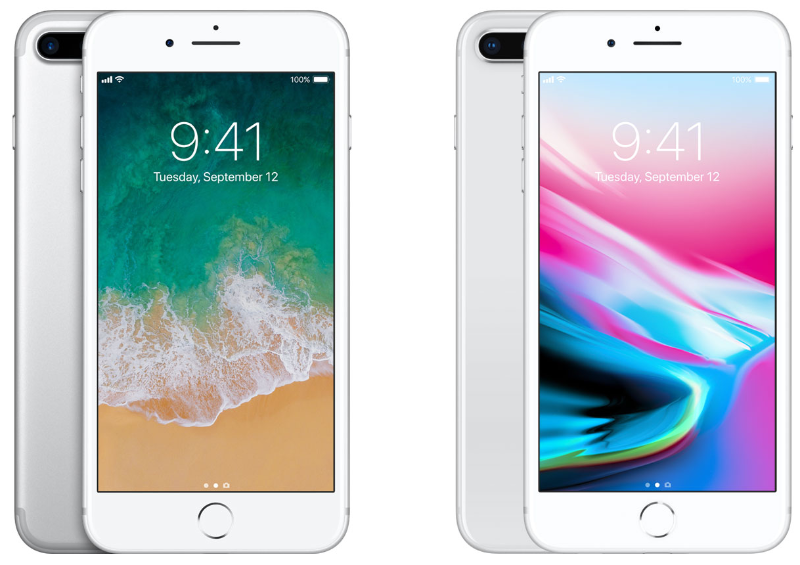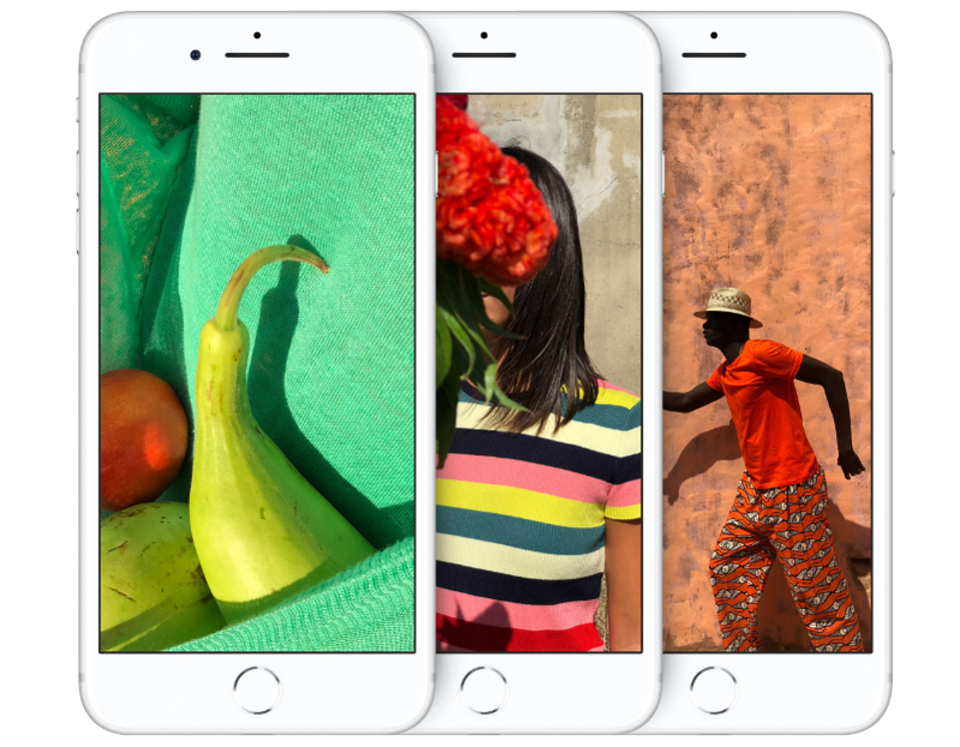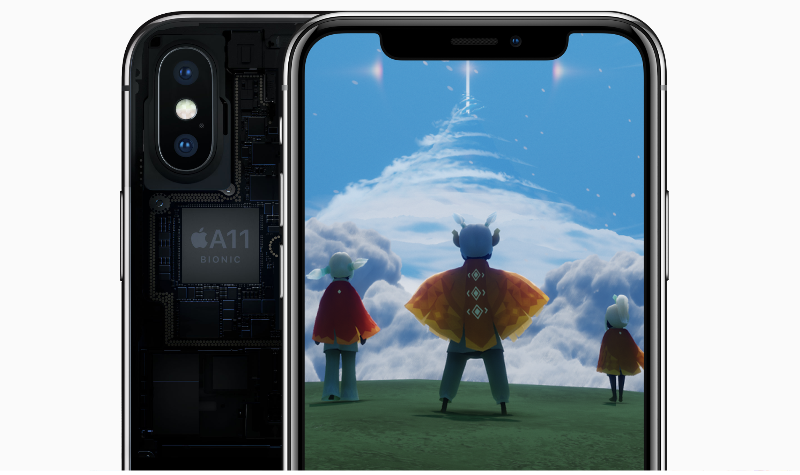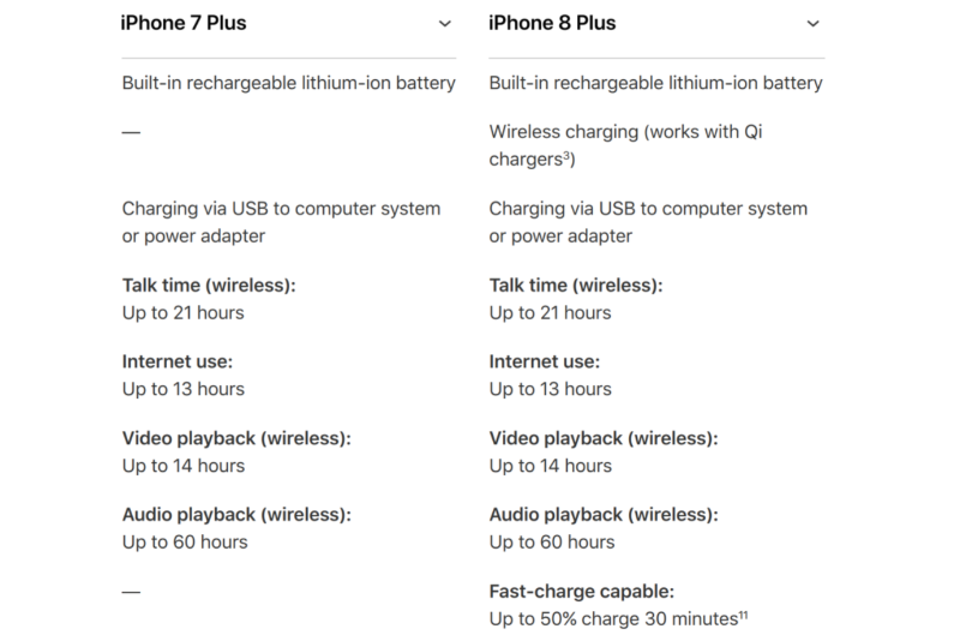 7888
7888
 2017-10-20
2017-10-20
While the iPhone X has taken all the attention, Apple also launched the iPhone 8 and iPhone 8 Plus, tell help you decide, here are the biggest differences between the iPhone 8 Plus and the iPhone 7 Plus…
iPhone 7 Plus (left) vs iPhone 8 Plus (right) - the two smartphones look almost identical.Design & Size - Bigger And More Fragile

Thought the iPhone 7 Plus was too big for a 5.5-inch smartphone? Well the iPhone 8 Plus is slightly taller, wider, thicker and noticeably heavier:
iPhone 8 Plus: 158.4 x 78.1 x 7.5 mm, 202g
iPhone 7 Plus: 158.2 x 77.9 x 7.3 mm, 188g
Glass backs add vulnerability and weight of the iPhone 8 and iPhone 8 Plus, but they do bring wireless charging
iP7 water and dust resistance (allowing for full submersion in up to 1 metre of water for 30 minutes) and rigid Series 7000 Aluminium for its internal chassis. In addition the iPhone 8 Plus has 25% louder external stereo speakers.
All in all there really is very little design improvement in the iPhone 8 Plus over the iPhone 7 Plus (an iPhone X scale overhaul this is not) and the glass back will be polarising.
Displays - Old Dog, New Tricks
Apple finally embraced OLED with the iPhone X (at a price), but the iPhone 8 Plus sticks with both the LCD panel of its predecessor and a matching resolution:
iPhone 7/8 Plus: 5.5-inch LED-backlit IPS LCD, 1920 x 1080 pixels (401 ppi), 67.7% screen-to-body ratio

Firstly the iPhone 8 Plus adds support for ‘True Tone’ technology which Apple first launched with the iPad Pro range. Secondly there’s HDR support for both Dolby Vision and HDR10 standards which is great given HDR content.
Performance - The Big Boost
Where the iPhone 8 Plus really shines against the iPhone 7 Plus, however, is performance.

iPhone 8 Plus: A11 Bionic chipset: Six Core CPU, Six Core GPU, M11 motion coprocessor, 3GB RAM
iPhone 7 Plus: A10 Fusion chipset: Quad Core CPU, Six Core GPU, M10 motion coprocessor, 3GB RAM
Apple claims the A11 chip delivers 70% faster multitasking (great given users swap between apps constantly), 30% faster graphics and 25% faster peak CPU performance. In addition Apple says the iPhone 8 Plus is 70% faster than the iPhone 7 Plus in low power mode.
Cameras - Physically Similar, Computationally Different
Apple claims the iPhone 8 Plus camera will be a major step up from the iPhone 7 Plus and early signs are encouraging. Whether it does enough to catch up with rivals or keep pace with the iPhone X (which has a faster, OIS telephoto lens) remains to be seen.
How to Use 5 Portrait Lighting Effects on iPhone 8 Plus
Battery Life And Charging - Stamina Stagnation, Charging Revelation
Then again what the iPhone 8 Plus does do is dramatically change how it charges. For starters Apple has finally brought fast charging to the iPhone range, delivering up to 50% charge in just 30 minutes.
Unfortunately, there are significant caveats to both of these upgrades. With wired charging Apple does not include a fast charger in the box and its optional quick chargers are expensive and don’t include a cable (which is a different standard to the bundled one). Meanwhile wireless charging only works at 5W when Qi typically works at 7W and even has a fast 15W standard supported by rivals such as Samsung.

Storage And Price - Better Base, Higher Costs
Typically where Apple gives it also takes, so 2017 sees the iPhone 8 Plus double its entry level storage (from 32GB to 64GB) but increase its starting price and lose 2016’s oh-so-popular 128GB ($869) sweet spot:
iPhone 8 Plus: 64GB ($799), 256GB ($949)
iPhone 7 Plus: 32GB ($669), 128GB ($769)
The core design is well past its sell by date, it’s far too big and heavy for its screen size and it has gotten more expensive while losing its popular mid tier storage option. Given the efficiencies of the A11 chipset, there was also plenty of scope for Apple to extend battery life but it reduced battery capacity instead.
While there’s little to excite and it’s not an obvious update for iPhone 7 Plus owners, there remains much to respect about the iPhone 8 Plus.
Source: forbes